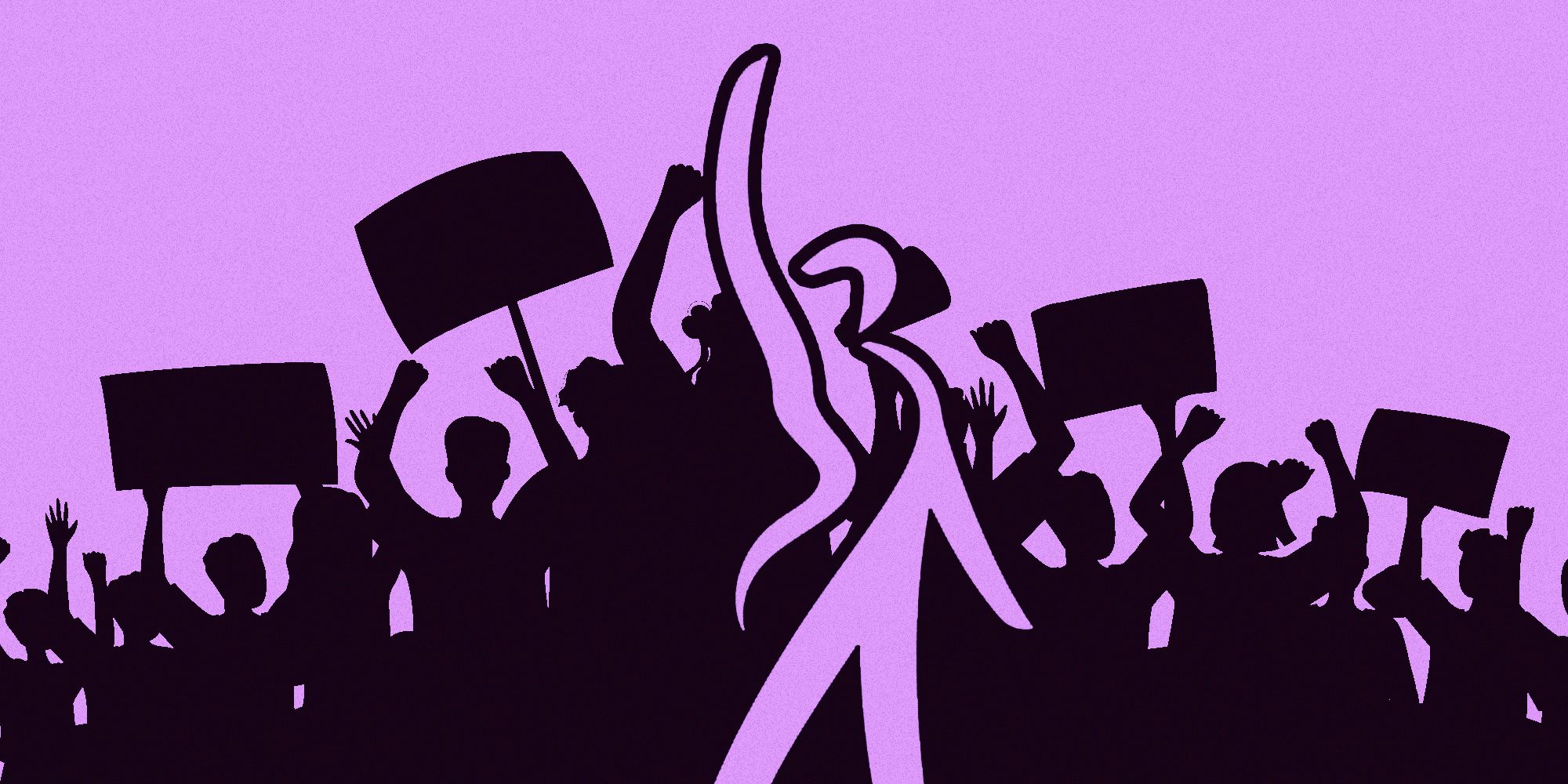This Wednesday saw the national board of SAG-AFTRA (Screen Actors Guild and American Federation of Television and Radio Artists) unanimously decide to order a strike authorisation vote. On June 7, the union will begin negotiations with the AMPTP (Alliance of Motion Picture and Television Producers) over a contract expiring on June 30. This doesn’t necessarily mean they’ll be striking, but it means that members of the union have agreed to give their leadership the ability to order a work stoppage if they can’t come to an agreement with the AMPTP.
This decision comes at a highly fraught time for Hollywood, when the WGA (Writers Guild of America) is already striking, which has brought much of the media industry screeching to a halt. Production on countless TV shows has been halted because of the WGA strike, causing delays to highly anticipated releases like Andor, The Last of Us, Stranger Things, Yellowjackets, and more. SAG-AFTRA represents over 160,000 actors, broadcast journalists, news writers, singers, voiceover artists and other media professionals, so a strike would put immense pressure on an industry already having to hold out against its writers.
Controversially, SAG president Fran Drescher said that “I don’t think what’s very important to writers — and I’m a writer too in the WGA — is the kind of stuff that we’re going after,” and that “although I’m very empathic for their needs to be honoured, I feel like our conversation is going to be very different.” However, what the SAG-AFTRA is striking over has a lot of overlap with the protections the WGA is pursuing. Both are looking to negotiate reduced residuals due to streaming, the threats posed by artificial intelligence, and shortened seasons of television with longer breaks within jobs, which can lead to more financial and career instability.
SAG members have already been picketing in solidarity with WGA members. We’ve seen videos and pictures of actors like Nathan Fillion and Chris Pine at the picket lines, but a full SAG-AFTRA strike would, essentially, cripple Hollywood. Nearly every professional actor is a member of SAG, which means production would have to be halted on, well, everything. Projects in post-production could continue, but with many directors and editors supportive of the WGA (or members themselves), even that would stutter. After a while, if this rumbled on, there would be no TV shows or movies written and nobody to act in them even if they were.
Again, it seems like SAG-AFTRA does not intend to strike if the studios meet their demands, but the authorisation vote alone may be enough for Hollywood studios to start making deals with the unions. When the WGA was striking alone, studios refused to even consider proposals, but two striking unions would decimate the entertainment industry, which it simply cannot afford.
The Directors Guild of America has a contract expiring on June 30, but unlike the SAG-AFTRA, they have not called for a strike authorisation vote despite already having begun negotiations with the AMPTP. If they accept weaker terms in their agreements, it could weaken the other unions’ positions, but if they stand in solidarity with their colleagues in the industry, we could be looking at a previously unseen show of solidarity among the unions in the entertainment industry. The studios would have no choice but to negotiate in good faith, or face an existential threat. Strikes could end more quickly, and everybody would get better working conditions - a win-win for workers, and a huge L for corporations padding their bottom lines with the exploitation of their employees. It’s about damn time.

